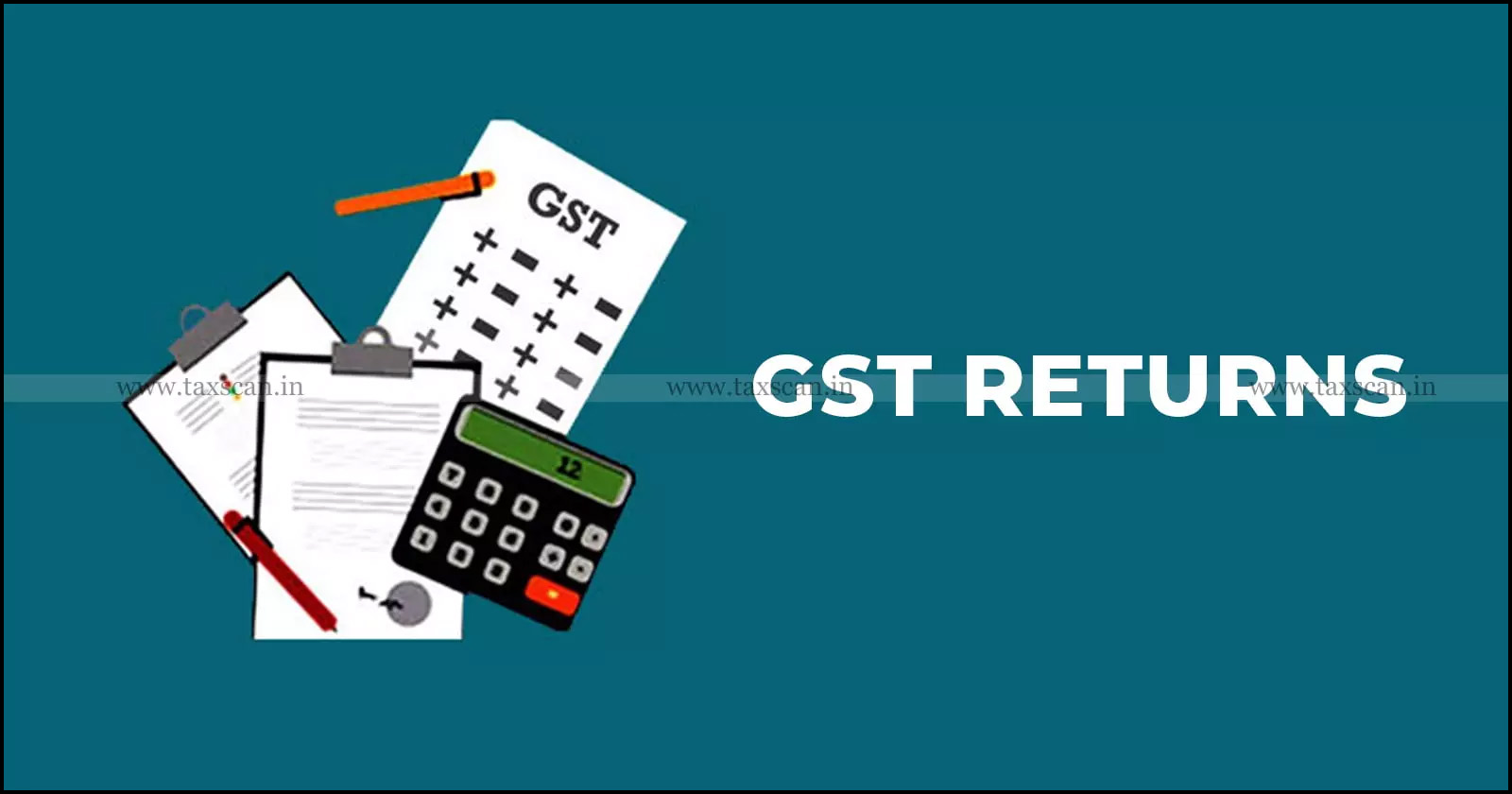Electricity Supplied to Township Not in ‘Course or Furtherance of Business’ u/s 16(1), No ITC Allowed: Chhattisgarh HC [Read Order]
Chhattisgarh HC held that electricity supplied to a company’s township is not “in the course or furtherance of business” under Section 16(1) of the CGST Act and ITC cannot be claimed.
![Electricity Supplied to Township Not in ‘Course or Furtherance of Business’ u/s 16(1), No ITC Allowed: Chhattisgarh HC [Read Order] Electricity Supplied to Township Not in ‘Course or Furtherance of Business’ u/s 16(1), No ITC Allowed: Chhattisgarh HC [Read Order]](https://images.taxscan.in/h-upload/2025/09/11/2085468-electricity-supplied-taxscan.webp)
In a recent judgment, the Chhattisgarh High Court at Bilaspur held that electricity supplied by a manufacturer to its residential township for employees is not an activity “in the course or furtherance of business” under Section 16(1) of the CGST Act, 2017 and hence does not qualify for Input Tax Credit (ITC).
Bharat Aluminium Company Limited (BALCO), engaged in manufacture and export of aluminium products, operates two captive power plants at Korba using imported coal on payment of GST Compensation Cess. Electricity generated was partly used for production, partly sold to State Electricity Boards, and partly supplied to its residential township.
 Also Read:S. 138 Cheque Bounce Cases can be filed 15 Days after Notice to Drawer upon Payment Failure: Delhi HC
Also Read:S. 138 Cheque Bounce Cases can be filed 15 Days after Notice to Drawer upon Payment Failure: Delhi HC
BALCO claimed the refund of ITC of Compensation Cess on coal under Section 54(1), including amounts attributable to electricity supplied to its township. The department disallowed part of the refund, directing reversal of Rs. 40,14,605 on the grounds that electricity for township use was not related to business and that sale of Duty Credit Scrips (DCS) was an exempt supply requiring ITC reversal.
Appeals before the Joint Commissioner (Appeals) were dismissed, leading BALCO to file writ petitions before the High Court.
Know Practical Aspects of Tax Planning, Click Here
The petitioner’s counsel argued that maintenance of the township and supply of electricity to employees were necessary for the smooth running of operations in a remote location, and thus fell within “business” under Section 2(17) read with Section 16 of the Act.
They argued that ITC under Section 16(1) was a substantive right linked to commercial expediency and that the insertion of Explanation 1(d) to Rule 43 by Notification No.14/2022 was clarificatory in nature and should be applied retrospectively to cover pending cases.
The State’s counsel argued that electricity supplied to the township was a welfare activity and not integrally connected to BALCO’s manufacturing business, as power could have been supplied by the distribution company.
 Also Read:GSTN to Restrict Filing of Returns Beyond 3 Years from Due Date Effective September 2025 Tax Period, Issues Advisory
Also Read:GSTN to Restrict Filing of Returns Beyond 3 Years from Due Date Effective September 2025 Tax Period, Issues Advisory
Want a deeper insight into the Income Tax Bill, 2025? Click here
The bench comprising Justice Sanjay K. Agrawal observed that ITC is in the nature of a concession, not a substantive right, and must be strictly in line with statutory conditions. It held that electricity supplied to the township was not in the course of business but a welfare measure, so ITC was not allowable on coal used for that portion.
The court further observed that Explanation 1(d) to Rule 43 expanded the scope of supplies excluded from exempt turnover and was not merely clarificatory. Since no retrospective effect was expressly provided, it could apply only prospectively from 5 July 2022.
The court dismissed all writ petitions, affirming the orders of the appellate authority and the Assistant Commissioner directing reversal of ITC of Rs. 40,14,605. The petitions were found to be without merit, and no costs were awarded.
Support our journalism by subscribing to Taxscanpremium. Follow us on Telegram for quick updates


